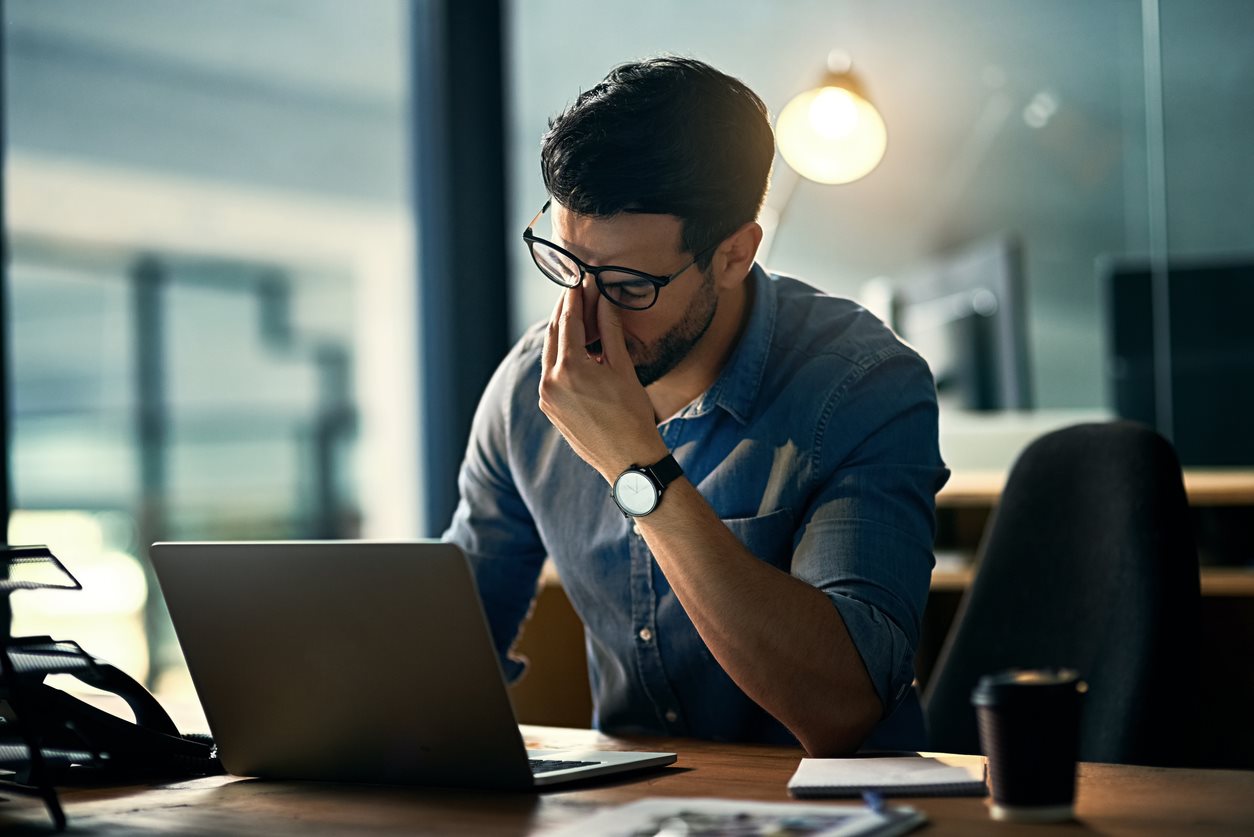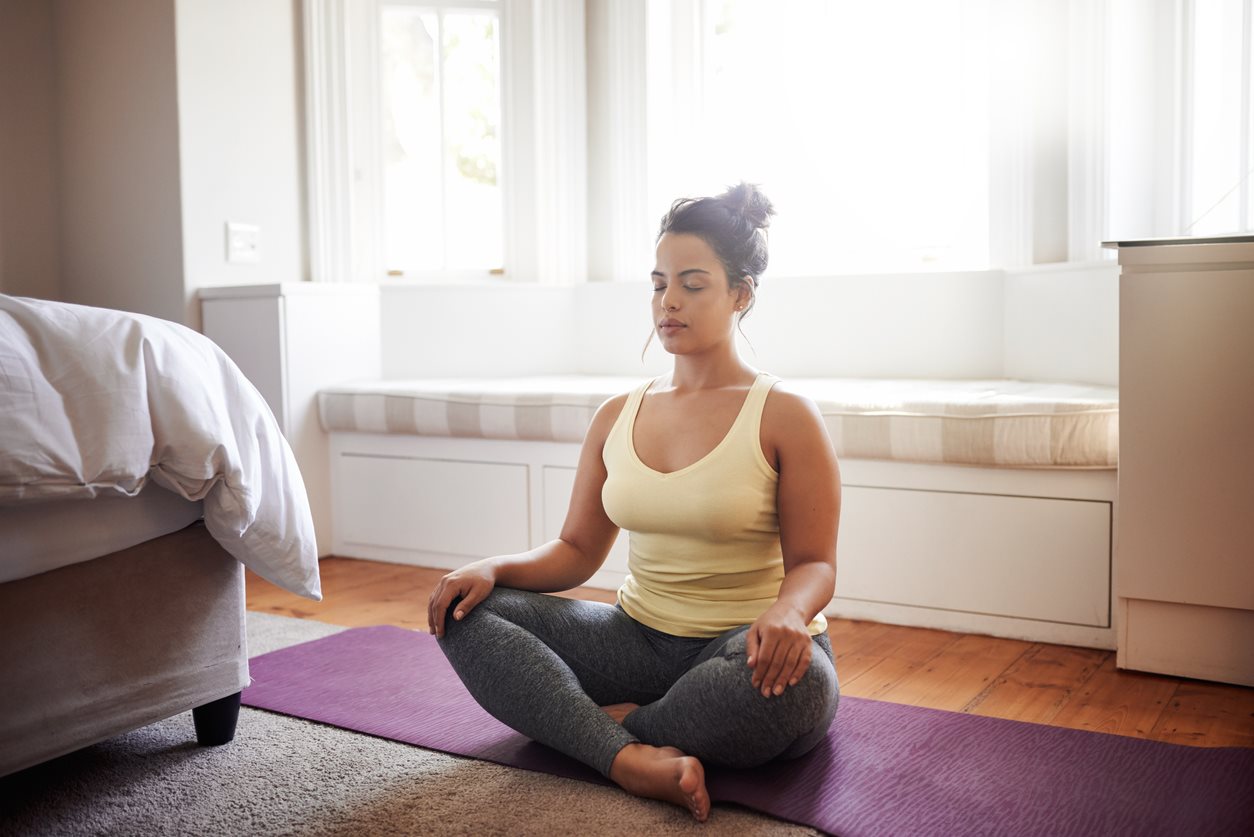Taking a Holistic Approach to Health

There’s no doubt that our lifestyles have drastically changed since the advent of technology. Though it’s a fantastic tool, our current tech age means we’re more likely to sit in front of a screen for eight hours a day, while also harbouring more than a mild addiction to our phones. This always-on model can lead to stress, anxiety, interrupted sleep and, as Executive Coach and Facilitator Lisa Hughes explains, a whole host of other chronic health conditions. Unfortunately, we don’t always connect the dots and attribute a physical issue to an emotional or mental factor.
Stress Response Overload
“The challenge for us in the 21st century”, Lisa begins, “is that the body isn’t built for the kind of lifestyles we’re living. Our stress response is designed to deal with emergency situations.” As hunter-gatherers, she explains, our physiological rewards system was built around a ‘sprint, rest, recover’ model. “But what do we do these days?”, she asks. “Sprint sprint sprint! Our nervous system is in overload.” The result, she says, is a rise in chronic conditions. “These diseases have underlying causes based in stress response.”

Western Medicine
For Lisa, while modern medicine is a wonderful system that undoubtedly saves countless lives every day, it doesn’t always take the whole body into account when diagnosing. “The thing about western medicine is that it’s built to deal with acute diseases”, she notes. “If you have a heart attack for example, a hospital’s emergency room is absolutely where you want to be.” But for other conditions, causes may be rooted in our lifestyles and mental states. Perhaps, for example, that ache in your lower back is because you’ve been stressed at work, unconsciously hunching over your desk and tightening your muscles. “We’ve forgotten how to renew, restore, rest and recharge ourselves,” says Lisa.
Facing the Uncomfortable
For anyone struggling with chronic pain or illness, Lisa advises listening to the body’s signals. “We tend to deal with everything at a superficial level”, she says. “If we’re feeling unhappy, we buy ourselves something. And we often use medication to suppress what’s really going on, numbing out our pain.” In this busy day and age, we’re often encouraged to push through the pain, rather than pay attention to what our bodies are trying to tell us. Lisa advises ‘getting curious’; our aches, pains and feelings of anxiety are actually important pieces of information that will help us understand and optimise our health.

Get Mindful
A good place to start when it comes to taking ownership of our lives is mindful meditation. Though lots of people are intimidated by the thoughts of this practise, even a few minutes a day can be hugely beneficial. “You’re not making good choices if you’re sleepwalking through your day, pushed around by whatever outside forces the world throws at you”, says Lisa. “Mindfulness is a wonderful tool that allows you to master your life.” Being mindful allows us to take a pause before reacting to situations, building a bridge between body and mind. “It helps cultivate a level of awareness. We become more conscious about our lives and make better choices – what we need for our body, the emotions we lean into, and the people we spend time with.”
Get your mindful journey started with Lisa’s simple, three-minute ‘free-range’ meditation. It’s a great introduction to the practise and can be done at any time during the day.